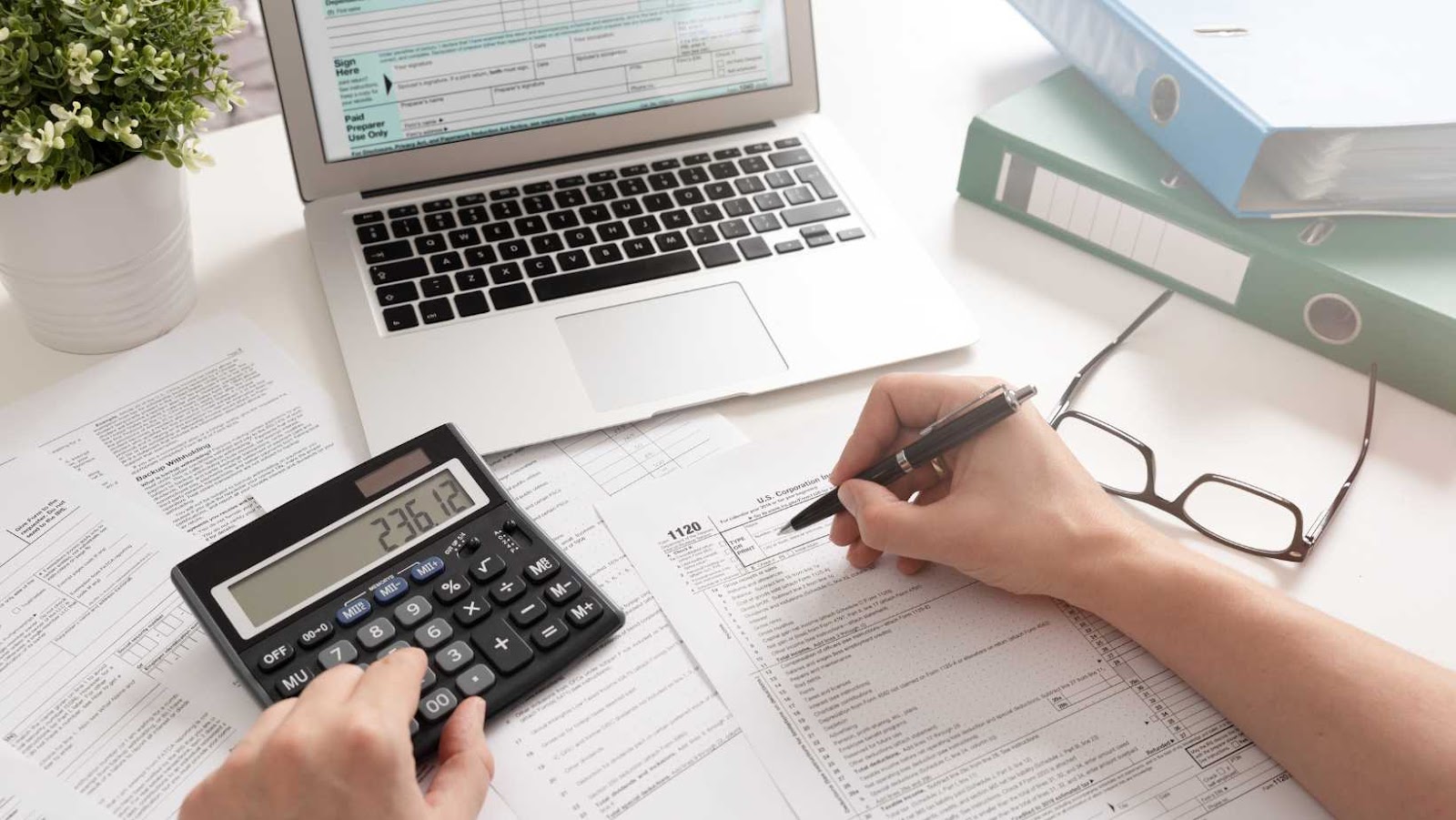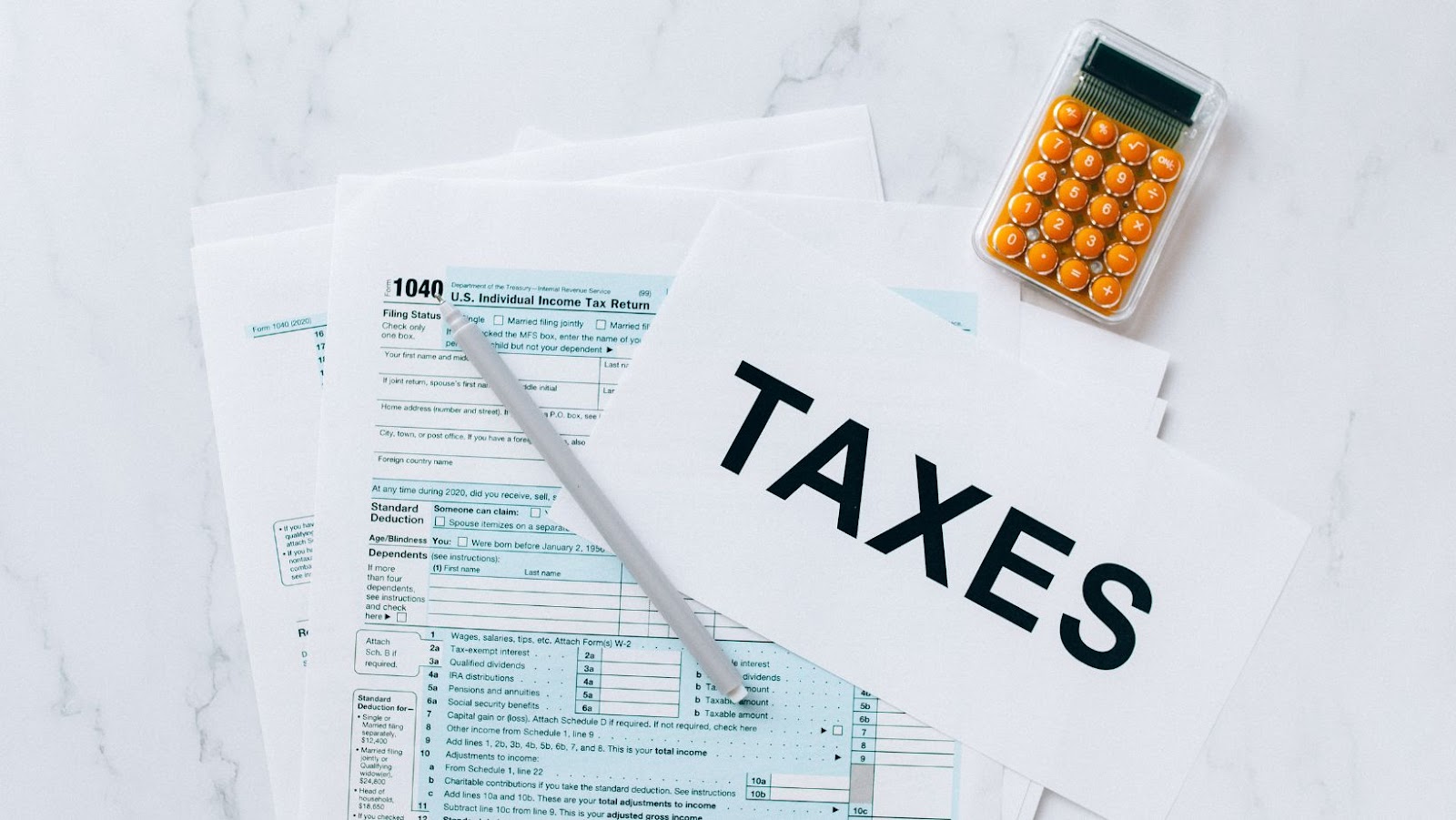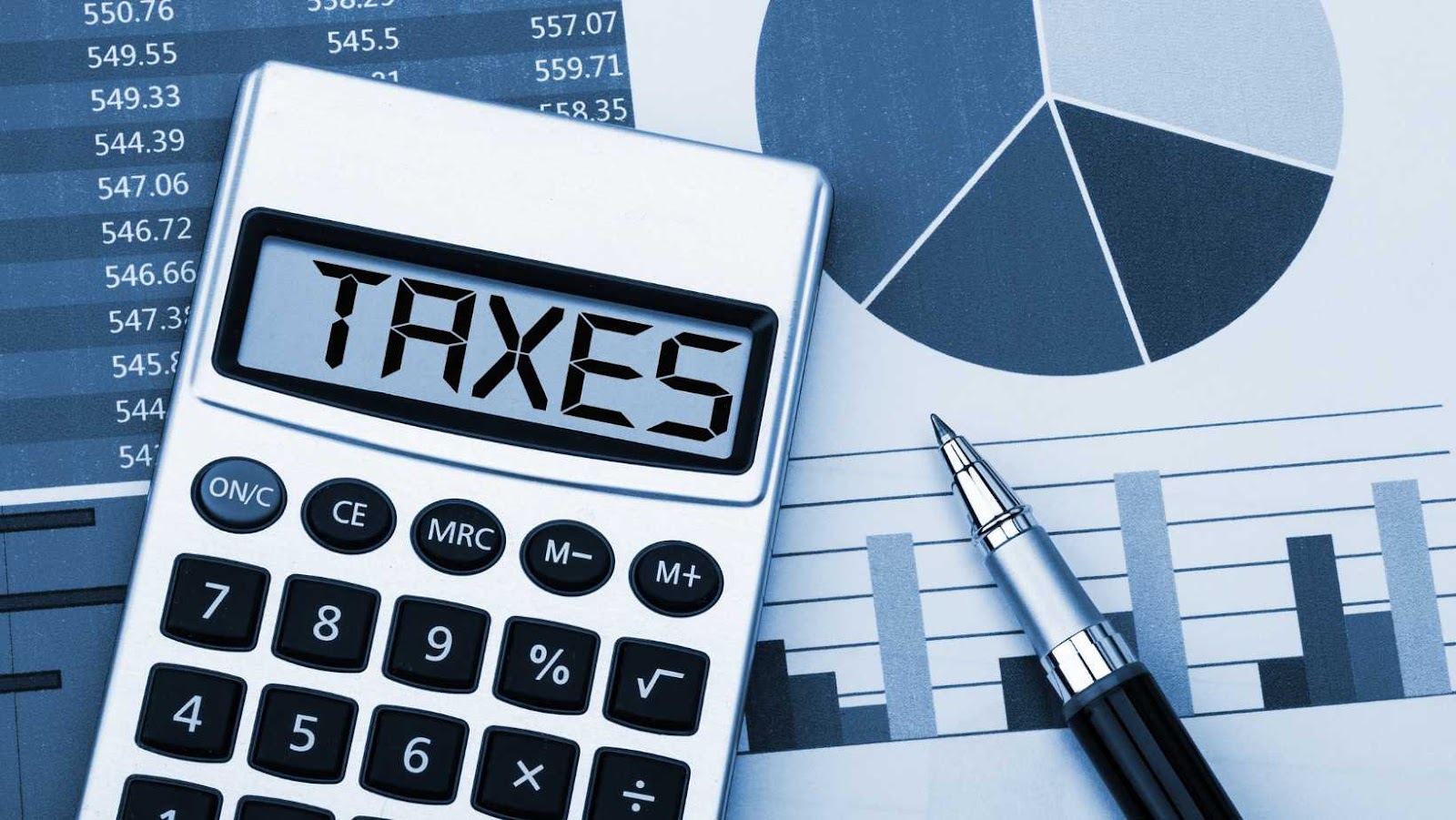Can i Get a Mortgage With Unfiled Taxes
The United States tax system is based on the principle of voluntary compliance, meaning that taxpayers are responsible for voluntarily assessing and paying their taxes. While most taxpayers meet their obligations, a small percentage does not. Non-compliance can take many forms, from not filing a return at all to failing to report all of one’s income, claiming excessive deductions, or engaging in other types of tax evasion. There can be serious consequences for not filing taxes or otherwise failing to comply with the tax laws. These consequences can include financial penalties, interest charges, and even criminal charges in some cases. It’s important to note that even if you don’t owe any taxes, you’re still required to file a return. If you don’t file and don’t owe any taxes, the IRS may impose a failure-to-file penalty. And if you do owe taxes but don’t pay them, you’ll be subject to additional penalties and interest charges. If you’re thinking about not filing your taxes, it’s important to understand the potential consequences before making a decision. This article will provide an overview of some of the key consequences of not filing taxes.
What Happens If You Don’t File Taxes?
If you don’t file your taxes, you could be subject to a number of consequences. The most immediate consequence is that you will likely owe the government money. Not filing your taxes can also lead to being audited, being charged interest and penalties, and even jail time.
You Could Be Facing Penalties
If you don’t file your taxes, you could be facing a variety of penalties. The most common penalty is a late filing fee, which is typically 5% of the unpaid tax bill for each month that the return is late, up to a maximum of 25%. There are also late payment penalties, which are typically 0.5% of the unpaid tax bill for each month that the payment is late, up to a maximum of 25%. In addition to monetary penalties, failing to file your taxes can also lead to other consequences. For example, if you owe taxes and don’t file a return, the IRS may file a return for you (called a substitute for return) and you could end up owing even more in taxes and penalties. And if you don’t file for several years, you could eventually face criminal charges for tax evasion, which can carry a prison sentence.
So it’s important to make sure that you file your taxes every year, even if you think you might owe money. The consequences of not filing are just too costly to risk it.
You Could Be Facing Interest Charges
If you don’t file taxes, you could be subject to interest charges. The IRS will charge you a failure-to-pay penalty of 0.5% of your unpaid taxes for each month that you don’t pay, up to 25%. In addition, the IRS will charge you interest on any unpaid taxes. The current rate is 5% per year, plus 1/8 of 1% per month (or part of a month) that the tax remains unpaid.
You Could Be Facing a Tax Lien
If you don’t file your taxes on time, the IRS could place a lien on your property. This means that you won’t be able to sell your home or refinance your mortgage until the lien is paid off. The lien will also show up on your credit report, which could make it difficult to get a loan for a car or a new home. You could also be facing a tax levy. This is when the IRS seizes assets, such as your bank account or your paycheck, in order to pay off the taxes you owe. If you have a tax levy placed on you, it can be very difficult to get out of debt.
The consequences of not filing taxes can be serious, so it’s important to make sure that you file your return on time. If you’re having trouble preparing your return, there are many resources available to help you. You can find tax preparers in your area or use online tax software to help you get through the process.

The Consequences of Not Filing Taxes
You Could Lose Your Job
If you don’t file your taxes, you could face civil and criminal penalties. The most serious penalty is jail time, but you could also be hit with substantial fines. For example, if you’re convicted of tax evasion, you could be fined up to $250,000 and jailed for up to five years.
But even if you don’t go to jail, not filing your taxes can have serious consequences. If you’re self-employed, not filing your taxes can prevent you from getting a mortgage or other loan. And if you work for someone else, your employer could fire you if you don’t have a valid Social Security number or get caught using someone else’s.
You Could Be Facing Jail Time
If you don’t file your taxes, the IRS could come after you with criminal charges. The penalty for not filing taxes is a misdemeanor charge, which could land you in jail for up to a year and result in a fine of up to $25,000. If you don’t pay your taxes, the IRS could also charge you with a felony, which could lead to fines of up to $250,000 and up to five years in jail.
You Could Be Facing a Fine
If you don’t file your taxes, you could be facing a fine. The amount of the fine will depend on how much money you owe in taxes, and whether or not you have filed your taxes in the past. If you owe more than $10,000 in taxes, you could be facing a fine of up to $25,000. If you have a history of not filing your taxes, you could be facing a prison sentence.
How to Avoid The Consequences of Not Filing Taxes
If you don’t file your taxes, you could face some serious consequences. The most common consequence is owing money to the IRS. You may also be subject to penalties and interest. In extreme cases, you could even go to jail. So, it’s important to make sure you file your taxes on time.
File Your Taxes on Time
The IRS imposes strict penalties on taxpayers who don’t file their taxes on time. If you’re more than 60 days late, you’ll owe a failure-to-file penalty of at least $205 or 100% of the unpaid tax, whichever is less. You’ll also owe interest on any unpaid taxes. If you don’t pay your taxes within 10 days of receiving a notice from the IRS, you’ll owe a failure-to-pay penalty of 0.5% of the unpaid tax per month, up to 25%. In addition, you’ll owe interest on the unpaid tax.
The combination of these penalties can add up quickly, so it’s important to file your taxes on tae and pay any taxes due.
Pay Your Taxes on Time
The IRS imposes seval penalties if you don’t pay your taxes on time. The most common is the failure-to-pay penalty, which is assessed at 0.5% of your unpaid taxes for each month or partial month that you’re late. So, if you owe $1,000 and don’t make a payment until two months after the April deadline, you’ll face a $10 penalty ($1,000 x 0.5% x 2 months). Other penalties can also apply if you file your return late or neglect to file it at all. If you don’t file a return within 60 days of the due date (April 15 for most taxpayers), you’ll be subject to a minimum fine of $135 or 100% of the taxes you owe – whichever is smaller. And if the IRS believes that your failure to file was intentional, you could be looking at a fine of up to $520, plus possible jail time of up to one year.

Get Professional Help If You Can’t Pay Your Taxes
The federal government offers a number of programs to help taxpayers who can’t pay their taxes. Depending on your individual circumstances, you may be able to work out a payment plan with the IRS or negotiate an offer in compromise. If you can’t pay your taxes, it’s important to take action as soon as possible to avoid the consequences of not filing taxes. The sooner you take action, the more options you will have. If you’re not sure what to do, you should contact a tax professional. A tax attorney or enrolled agent can help you understand your options and determine the best course of action for your situation.
